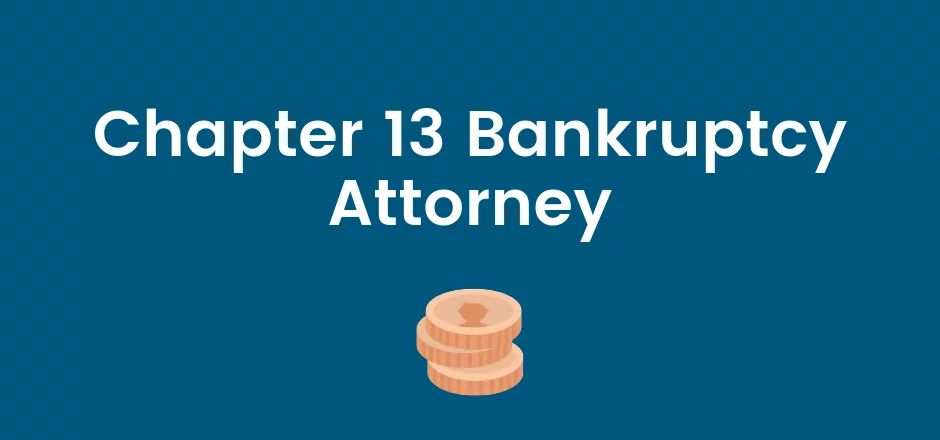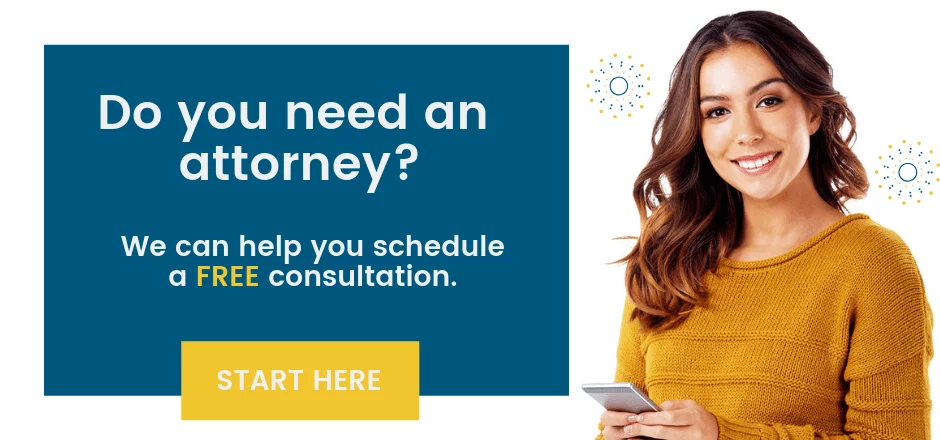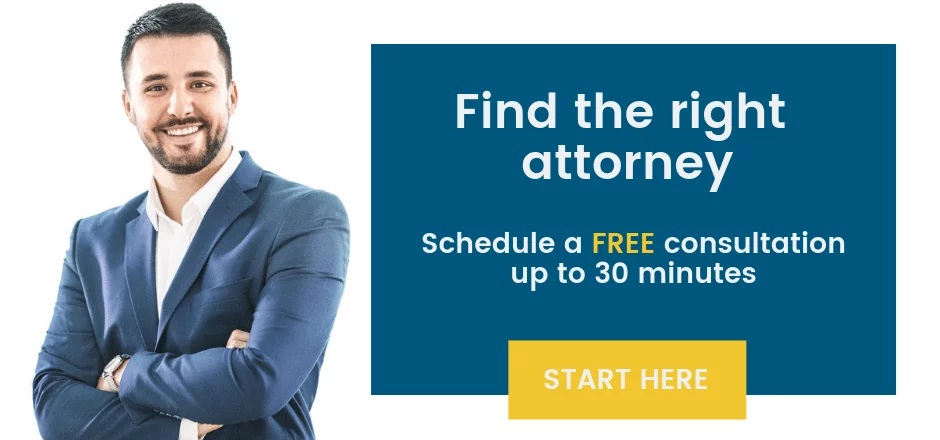Chapter 13 Bankruptcy, California
If you’re struggling to pay back your debt, it may be time to learn about Chapter 13 bankruptcy, California.
Hiring an experienced Chapter 13 bankruptcy attorney may be the best action if you’re struggling to pay your debts. We understand it can be overwhelming to find and hire the best lawyer for your needs when in an uncomfortable position, so we’re here to walk you through the process.
Chapter 13 Bankruptcy, California
Finding the right Chapter 13 bankruptcy attorney will ensure you’re protected as you file for bankruptcy and reorganize your finances. This process involves attention to detail and a specific process that must be followed properly. For this reason, we encourage you to enlist the help of a professional with experience in Chapter 13 bankruptcy. An experienced lawyer will understand this process and have experience filing the necessary paperwork.
Where can you find a qualified Chapter 13 bankruptcy attorney?
The SFVBA Attorney Referral Service is certified by the State Bar of California and meets the American Bar Association standards for lawyer referral. With a comprehensive membership of over 150 well-established attorneys in the San Fernando Valley area of Los Angeles, we can help connect you with the right Chapter 13 bankruptcy attorney near you.
What is Chapter 13?
A Chapter 13 bankruptcy is one in which your income is used to pay some or all of what is owed to your creditors over time.
You must have a repayment plan, which covers the following in detail:
- How you will pay for each of your debts
- How much you will pay for each of your debts
Without court approval, a repayment plan may not go forward. Additionally, a court must determine that you have enough income to meet the obligations under the repayment plan you will be following.
Eligibility
Eligibility for Chapter 13 is determined based on the following factors:
- Whether you can afford to meet payment obligations;
- Whether your income is regular;
- Whether your income is too low to meet obligations;
- Whether your debts are too high.
In terms of what debt you already have, your secured debt (or debt that gives a creditor the right to take that specific item of property) cannot exceed $1,149,525.00. Your unsecured debt, such as medical bills, credit cards, or other things of a similar nature, cannot exceed $383,175.00.
Before filing for a Chapter 13, if you are eligible, you must receive credit counseling from an approved agency. The agency will generally not charge a significant fee for their counseling services, especially if you cannot afford to pay.
The Importance of a Repayment Plan
The repayment plan is one of the most important aspects of filing Chapter 13.
This plan will cover the following:
- Administrative claims must be paid 100%. These include a filing fee, the trustee’s commission, and your attorney’s fees;
- Priority debts must be paid 100%. These include any backpay on alimony and child support, tax debts, wages, salaries, or commissions owed to employees, and contributions owed to any employee benefit fund;
- Mortgage defaults must be paid 100%, but this is only if you want to keep your house;
- Other secured debts will be paid 100%, but this is only if you want to keep the property that can be repossessed upon non-payment;
- Unsecured debts can be paid anywhere from 0% to 100%. The payment is dependent on factors such as the total value of the property, the amount of disposable income you will have each month for your debt, and how long your repayment plan will last.
The length of the repayment plan depends on your income level. For example, if your income level is over the median monthly income for a household of your size in your particular jurisdiction, then your plan must last at least five years. If your income is less than the median, you can request a three-year plan.
If you are unable to continue following the repayment plan, it may be modified. Additionally, a court can discharge debts due to hardship. If none of these are available, your bankruptcy can be converted to a Chapter 7.
Finally, once the repayment plan is completed, all remaining debts will be discharged. You must also show a court that:
- You are current on child support and alimony payments
- And that you have completed a budget counseling course
Finding the Right Attorney Near You
When looking for a Chapter 13 bankruptcy attorney, it is important to hire someone with proven experience in this field. Bankruptcy law is complex, so you will want to consult with a lawyer who knows its ins and outs.
Additionally, because bankruptcy is a personal and potentially embarrassing situation in your life, you will want to hire an attorney with whom you feel comfortable sharing personal financial details, as you will need to be extremely candid about what you make, what you owe, and whether you will be able to pay off your debts. Call 818-340-4529 and tell one of our friendly Attorney Referral Consultants about your legal matter. We’ll connect you with an experience Chapter 13 bankruptcy attorney near you.
Let us know if you’re an attorney and would love to become a member of the SFVBA’s Attorney Referral Service.
See also: Chapter 11 Bankruptcy, Foreclosure Alternatives




